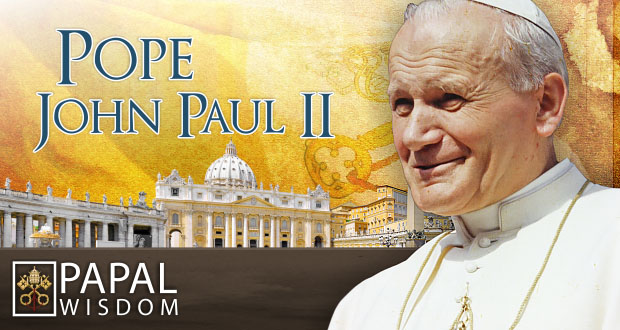Parents are the first and most important educators of their children, and they also possess a fundamental competence in this area: they are educators because they are parents. They share their educational mission with other individuals or institutions, such as the Church and the state. But the mission of education must always be carried out in accordance with a proper application of the principle of subsidiarity. This implies the legitimacy and indeed the need of giving assistance to the parents, but finds its intrinsic and absolute limit in their [parents’] prevailing right and their actual capacities. The principle of subsidiarity is thus at the service of parental love, meeting the good of the family unit…
Certainly one area in which the family has an irreplaceable role is that of religious education, which enables the family to grow as a “domestic church”. Religious education and the catechesis of children make the family a true subject of evangelization and the apostolate within the Church. We are speaking of a right intrinsically linked to the principle of religious liberty. Families, and more specifically parents, are free to choose for their children a particular kind of religious and moral education consonant with their own convictions. Even when they entrust these responsibilities to ecclesiastical institutions or to schools administered by religious personnel, their educational presence ought to continue to be constant and active.
Pope John Paul II,
Letter to Families, 1994
Pope John Paul II Header Image © Iconic Auctions

 Seton Magazine Catholic Homeschool Articles, Advice & Resources
Seton Magazine Catholic Homeschool Articles, Advice & Resources
